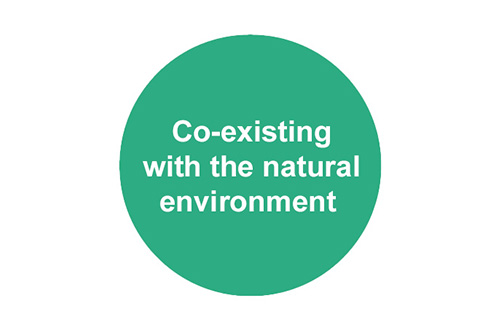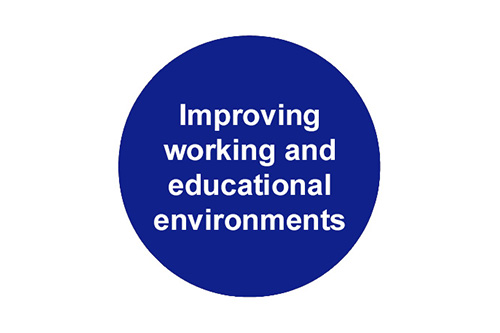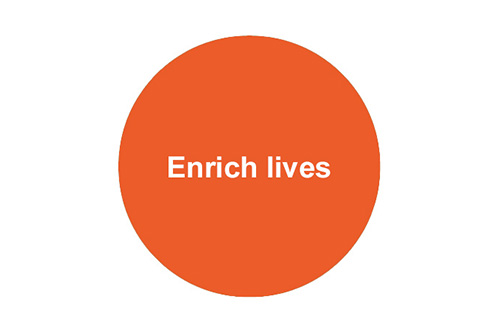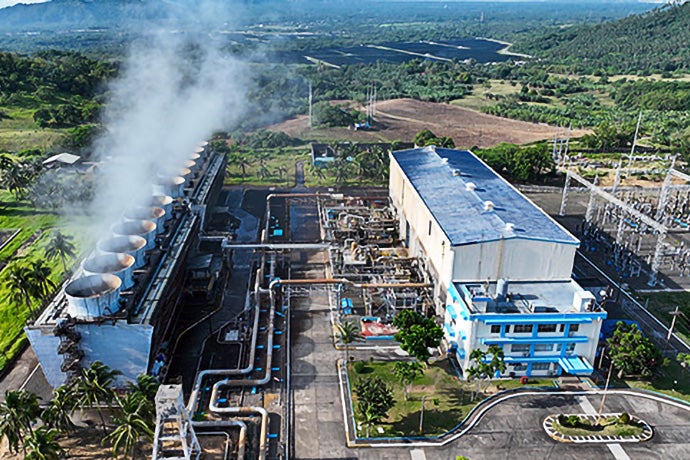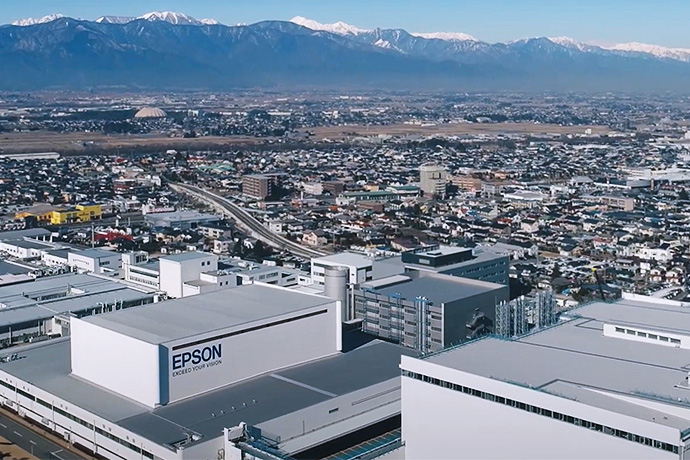Our commitment to achieving Epson's Purpose
At Epson, we constantly have our eyes set on societal issues. We continue to ask ourselves what we can do to help resolve the issues through our corporate initiatives.
Social Values that Epson Provides
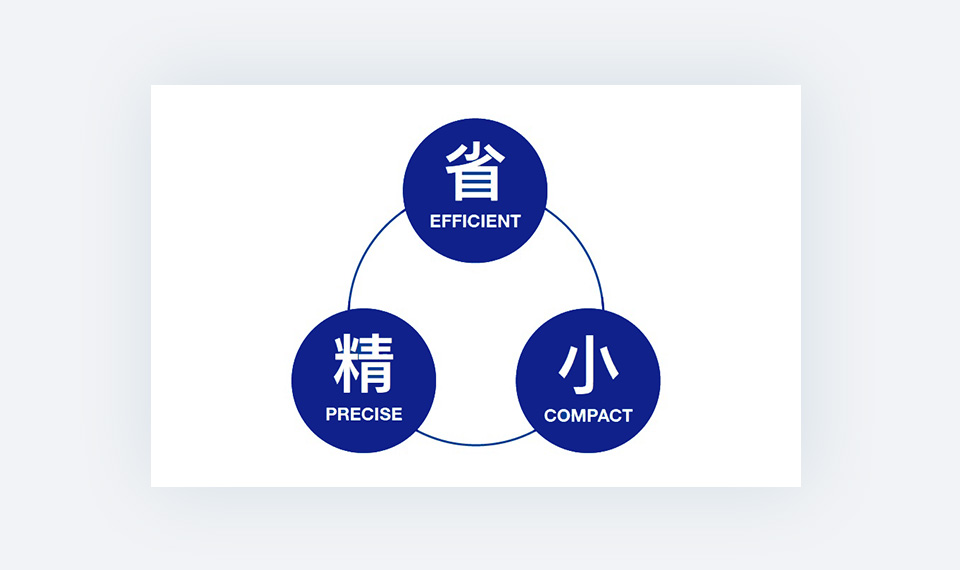
See some of the things we are doing to enrich the future
At Epson, our employees face societal issues head-on in an effort to achieve sustainability and enrich communities.
1 Non-renewable resources such as crude oil and metals.

